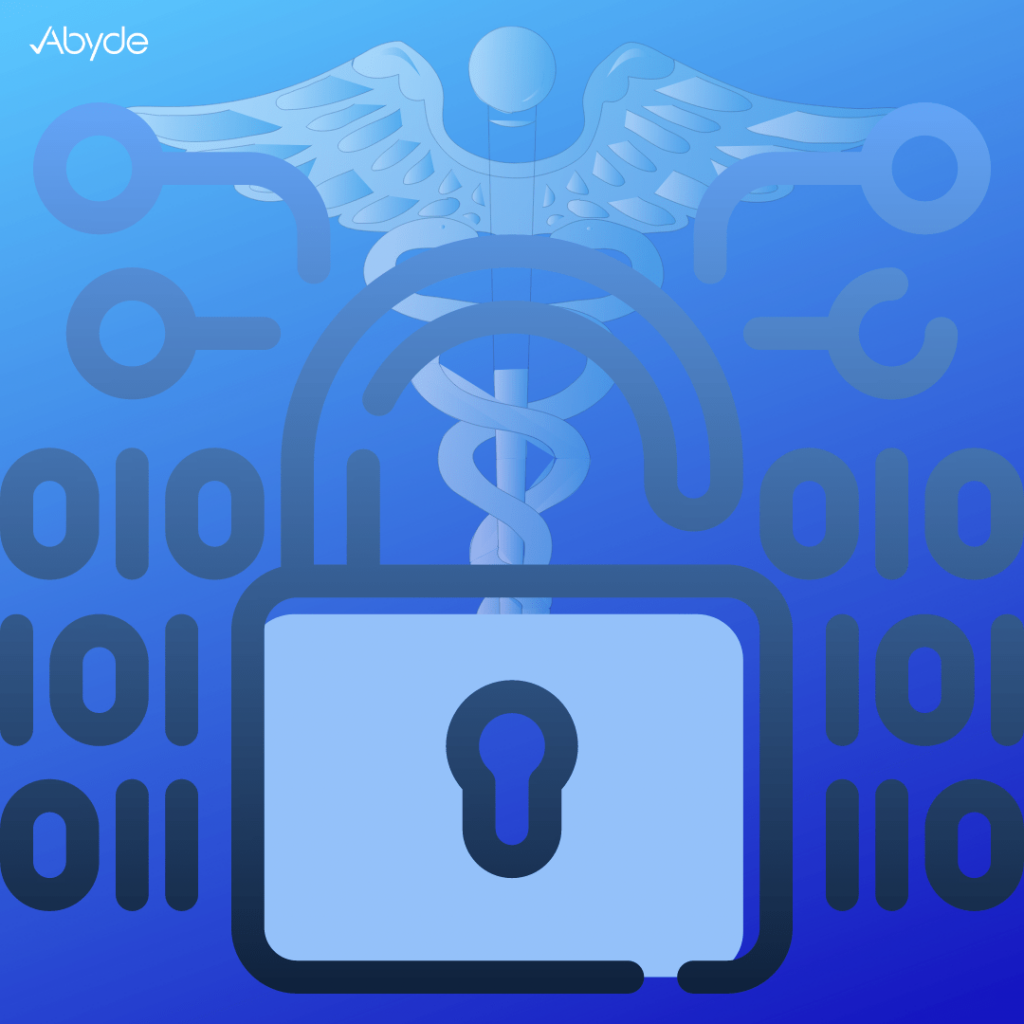May 30, 2023 We always talk about how important it is to set protocols to avoid HIPAA violations, but what exactly are you avoiding? The sobering examples of HIPAA violations are essential to be aware of so that you understand the gravity of safeguarding patient privacy and maintaining the trust placed in healthcare providers. Incidents serve as stark reminders of the profound consequences that can arise when personal health information falls into the wrong hands. These violation examples underscore the utmost importance of HIPAA compliance and the ethical imperative to protect patients’ privacy. Digital Data Disaster A healthcare organization falls victim to a malicious cyberattack, compromising its entire database of patient records. Personal information, medical histories, and even Social Security numbers are exposed, leaving thousands of individuals vulnerable to identity theft and potential harm. This incident serves as a critical reminder that cybersecurity measures must be robustly implemented to protect patient data from the ever-evolving threats lurking in the digital realm. Gossip Gone Wrong A trusted healthcare provider carelessly discusses a patient’s confidential medical condition with their friends during a casual gathering. This “meaningless” gossip spreads to an acquaintance of the patient, eventually getting back to said patient. The careless discussion that violated the patient’s right to privacy ends up in the papers. The patient is beyond embarrassed and the healthcare provider is in for a whirlwind of hurt including reputational carnage. This ever-so-cautionary tale accentuates the importance of professionalism and the duty to keep patient information strictly confidential. Insider Trading In a breach that shakes the foundation of trust, a trusted employee intentionally accesses patient records without a valid reason. Driven by curiosity or malintent, they betray the ethical responsibilities bestowed upon them. This particular violation underscores the significance of stringent access controls, regular auditing, and thorough background checks to maintain the integrity of patient information. Misdirected Medical Records A healthcare provider accidentally sends a patient’s medical records to the wrong individual. This innocent mistake exposes sensitive information to an unintended recipient, potentially compromising the patient’s privacy and causing emotional distress. This incident serves as a reminder of the importance of proper verification processes, double-checking recipient details, and implementing secure methods for transmitting confidential information. Disappearing Device A healthcare professional’s misplaced or stolen mobile device, containing unencrypted patient data, becomes a ticking time bomb. The consequences of the lost, unprotected device could be severe – ranging from identity theft to blackmail or even unauthorized disclosure of personal health information if caught in the wrong hands. This emphasizes the need for strong device security measures, including encryption, remote wiping capabilities, and constant vigilance when handling portable devices. In conclusion, HIPAA violations demand our utmost attention and respect for patient privacy. The examples here demonstrate the real-world implications of breaches in healthcare data security. As individuals and organizations, we must prioritize robust safeguards, ongoing training, and strict adherence to HIPAA guidelines to ensure the protection of sensitive patient information. Let Abyde unite our efforts to safeguard healthcare information and “Abyde” by HIPAA laws.
What is a ‘Corrective Action Plan’?
September 9, 2020 HIPAA Settlements are more than just $$$ If you’re like most practices, you might just see $$$ when a HIPAA fine makes the news. And yeah – million dollar fines are no joke. But a HIPAA violation settlement is more than just a dollar sign, and often includes something called a ‘corrective action plan’. This corrective action plan, or CAP, is basically equivalent to ‘you messed up, here’s two years of administrative paperwork to fix your issues and think about what you’ve done.’ Yeah, you read that right – two years. If you thought paying a fine and putting it behind you was the extent of the bad news, we’re here to tell you why a CAP is just as important if slapped with a HIPAA violation. ALL the Paperwork The goal of a CAP is to correct the issues that caused the HIPAA violation in the first place. However, CAP requirements aren’t just a simple ‘do this next time’ and involve quite a bit of paperwork. Over the course of the designated time frame, one to typically two years, practices are required to: Lets face it, no one likes paperwork (even hearing that word makes us cringe). Having to complete what’s required in a CAP is often far more paperwork than maintaining a regular HIPAA compliance program would be – another reason to be compliant before an incident occurs. Even More Consequences Failing to complete a corrective action plan within the designated time frame can void the initial settlement and can leave a practice open to additional fines and penalties – yikes. It may just be paperwork, but the OCR takes it seriously, and leaves practice’s having to juggle a CAP on top of their already full plate of patient care, regular operations, and reputation management after landing in the news for a HIPAA violation. So, who doesn’t want to be stuck with a mound of paperwork and the OCR breathing down your neck? (We’re raising our hand – both hands actually.) Getting ahead of violations by completing the SRA and HIPAA program requirements before a breach, complaint or audit will save your practice the pain of a CAP and help avoid a violation in the first place. After all, if you have all the right policies, SRA, and risk management plan in place before a breach you’ve already got OCR requirements down – but with less time spent, on your own schedule, and without the OCR looking over your shoulder.

